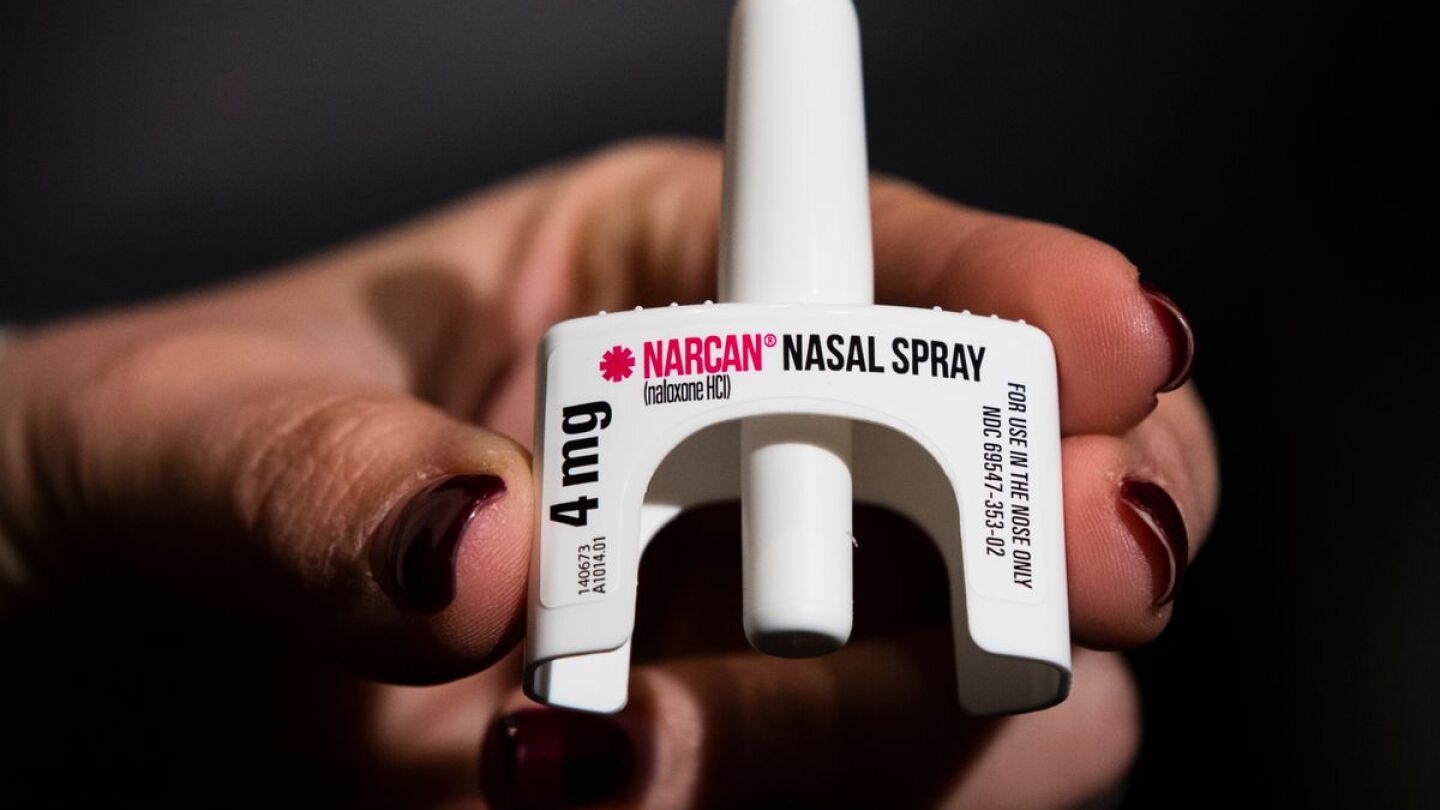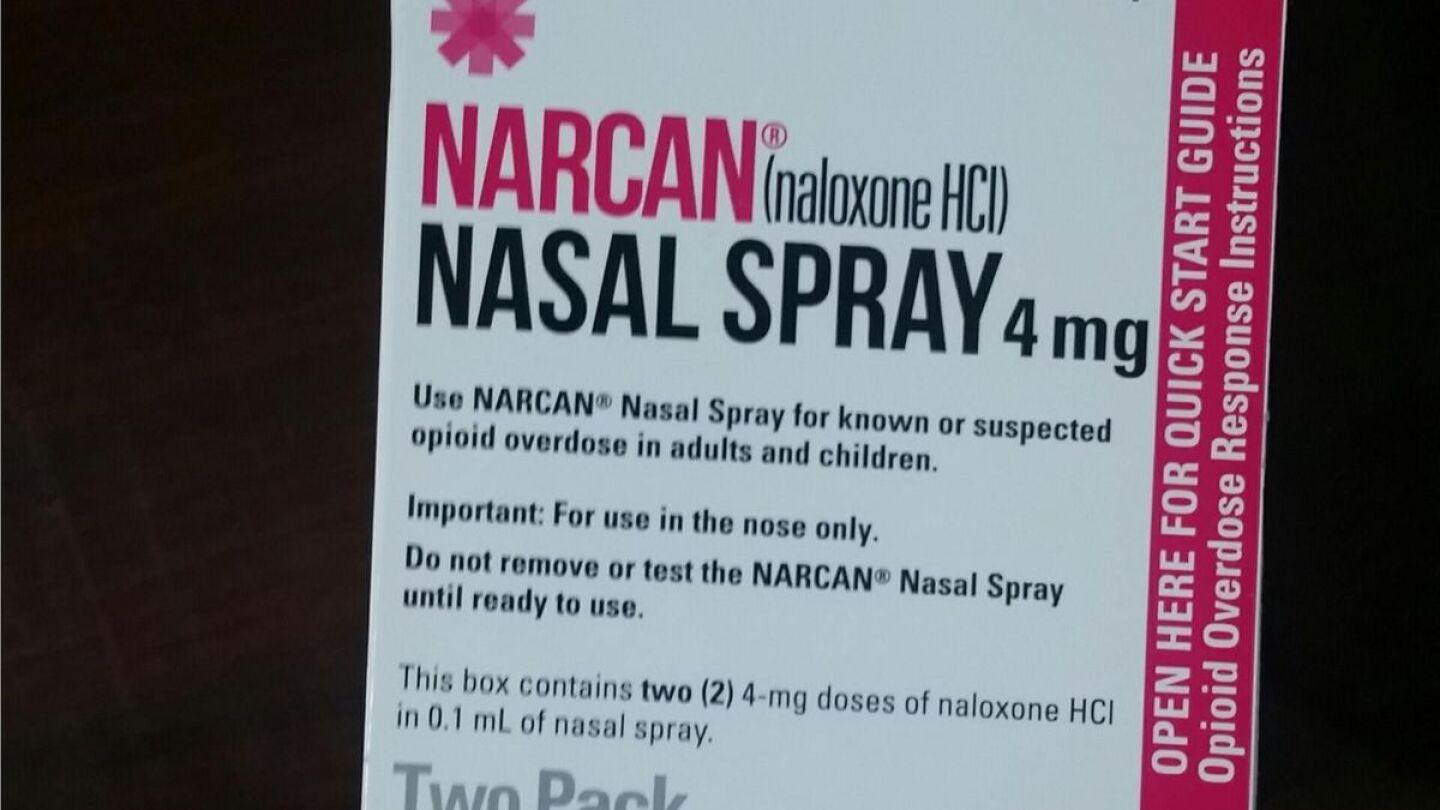Correctional Healthcare
Correctional Healthcare is critical to prison and jail management, ensuring inmates receive necessary medical, dental, and mental health services. This section provides articles that explore the challenges, best practices, and innovations in delivering Correctional Healthcare. Topics include managing chronic illnesses, addressing mental health needs, and navigating legal and ethical considerations in inmate care. Understanding Correctional Healthcare is essential for professionals committed to providing quality care in a correctional setting. For further reading, explore related topics on COVID and its impact on rehabilitation and facility management.
Delays in care, poor withdrawal monitoring and chronic understaffing remain key issues at the Metropolitan Detention Center in Albuquerque
A Monroe prison fatality review cited delays, paper records and miscommunication as factors that played a role in Michael Sublett’s death
Nearly 20% of the incarcerated population is over 50, with the oldest inmate at 94
In an ideal future, every officer would be equipped with the tools to not just enforce the law but also protect life in its most vulnerable moments
“Clark County Jail Services wants to ensure anyone leaving the jail, as well as friends, family and community members, are easily able to procure naloxone to reduce death from opioid overdose,” Jail Services Director David Shook said
Real-world data of high-dose naloxone administration by law enforcement officers found no added benefit to opioid overdose patients
RIDUP is a four-month program targeting SUD treatment for inmates, supporting the mental and behavioral needs of participants
Concerns regarding the policies came to light during an OIG investigation of two COs who allegedly failed to do mandatory SHU rounds during or around the time of an assault that resulted in an inmate’s death
The court was also highly critical of an alleged unwritten cost-cutting jail policy that caused delays in sending detainees to the hospital when necessary
The report identifies several operational and managerial deficiencies that created unsafe conditions before and at the time of a number of the deaths
Emails reveal that Wellpath’s trauma costs in Georgia were over double those in other states where it offers prison healthcare
The inmate fled the hospital; police tracked him to a nearby home where he was found deceased
The 55-year-old prisoner, suing as Jane Doe, claims the Georgia Department of Corrections has a ban on providing gender-affirming surgery to transgender inmates
The contact-free system uses radar technology to monitor patients’ vital signs by responding to the tiny vibrations in their bodies created by the movement of their heart and lungs
Michael Anderson pleaded guilty in July to one count of deprivation of civil rights
Corrections is an ever-changing industry, and those changes are most obvious when we look at legal trends
A state corrections spokesperson stated that staffing shortages are exacerbated by the remote locations of many state prisons, which are typically difficult to staff
The deal with a disability rights group, if approved by a judge, requires state prisons to have mental health and medical staff who specialize in gender-affirming care
Detectives suspect the man, who kicked and spit at guards, was “grooming” a nurse by exchanging letters with her
The blend of technology and education aims at equipping inmates with job-ready skills, amid ongoing 40% staff vacancy rate
Allegations made to the civilian oversight board include overflowing toilets, racial insensitivity and lack of sanitation gear for inmates
Five former inmates secure a settlement against a jail doctor for administering ivermectin without their consent amid COVID-19
The lawsuit alleged that assessment and treatment delays for pneumonia by medical staff led to the amputation of the inmate’s left hand and portions of his other limbs
How can jails effectively address opioid use disorder (OUD), while maintaining the safety of the facility and ensuring protection of inmates’ constitutional rights?
6 people, employed by the Sacramento County Jail’s healthcare contractor, have been arrested for smuggling drugs into the jail
Emergency responders administered Narcan to the unresponsive inmates inside a Mecklenburg County Courthouse holding cell
Anthony “Jack” Sully, 79, died of natural causes at a medical facility outside of the San Quentin Rehabilitation Center
According to the report, “in addition to any potential human failures, staffing shortages and pressures, policy deficiencies and ambiguities, and historical internal practices were chief contributing factors”
MOST POPULAR
- Pa. county sheriff takes prison board to court over lack of EMS transports for inmates
- 7 facts about alcohol withdrawal in corrections
- Book excerpt: ‘As I Live and Breathe: A Perspective from a Prison Psychologist’
- Removing microdermal implants: A photographic tutorial
- How to develop an inmate physical fitness program


































